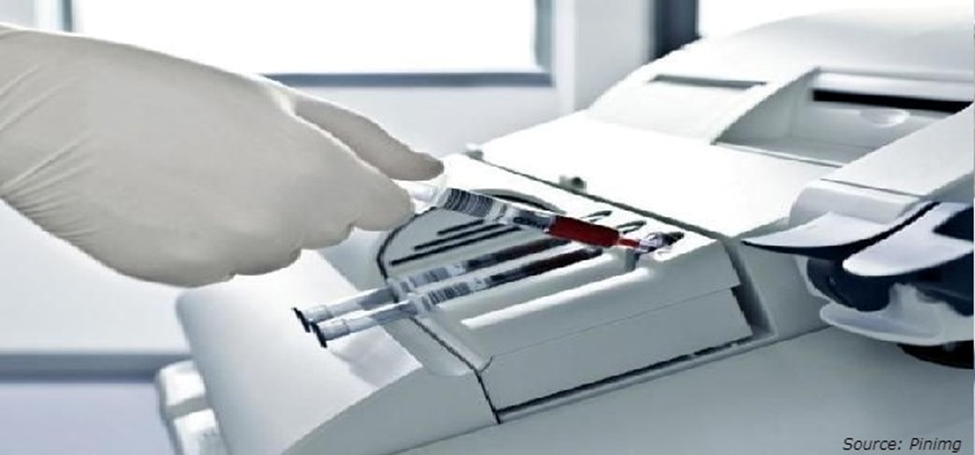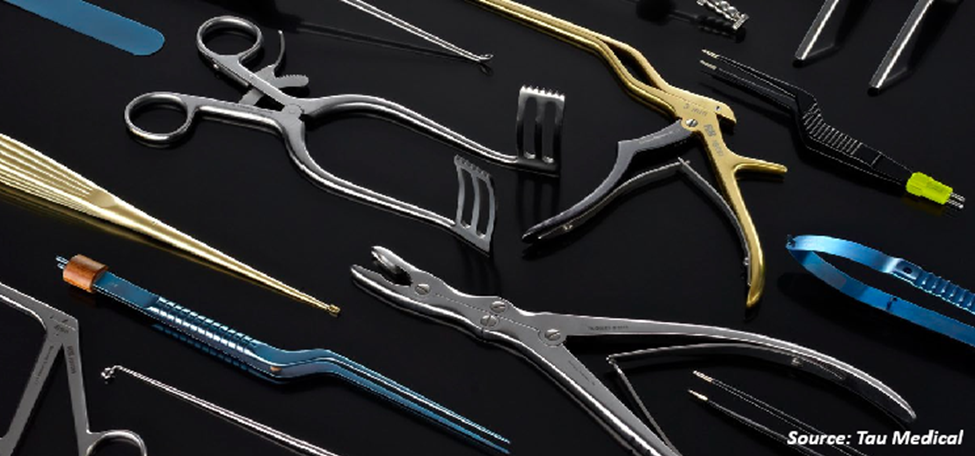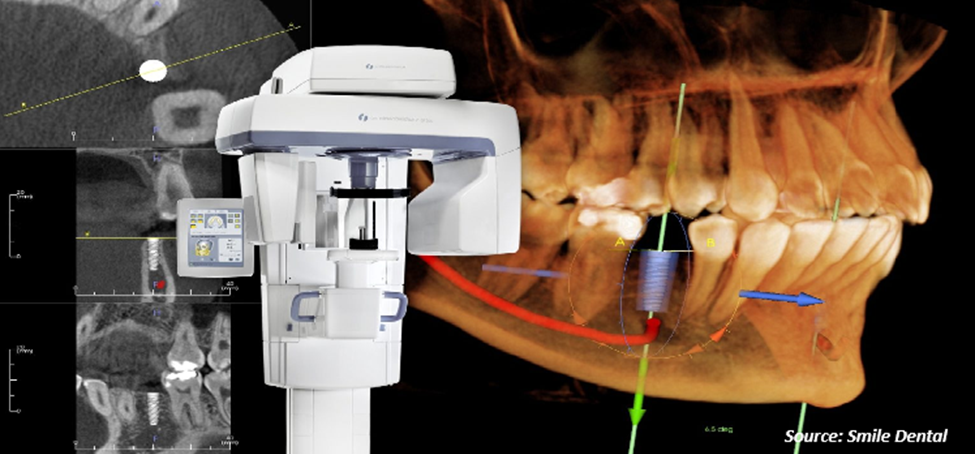
Taiwan Disabled and Elderly Assistive Device Market by Type (Mobility Impairments, Hearing Impairments, Visual Impairments, Cognitive Impairments, and Self-Care), and by End User (Hospitals, Elderly Nursing Homes, Home Care, and Other End Users) –Opportunity Analysis and Industry Forecast, 2024 – 2030
Industry: Healthcare | Publish Date: 03-Oct-2024 | No of Pages: 119 | No. of Tables: 87 | No. of Figures: 52 | Format: PDF | Report Code : HC2706
Taiwan Disabled & Elderly Assistive Device Market Overview
The Taiwan Disabled & Elderly Assistive Device Market size was valued at USD 494.8 million in 2023, and is predicted to reach USD 1295.1 million by 2030, at a CAGR of 13.6% from 2024 to 2030.
The disabled & elderly assistive device market refers to the market of wide range of products and services designed to support the aging population and individuals with disabilities in maintaining their autonomy and improving their quality of life. This industry covers medical furniture, hearing aids, mobility aids and living aids, that are crucial for managing chronic conditions and ensuring safety.
Innovations in these areas are driven by the need to address the growing challenges of an aging population and the diverse requirements of individuals with disabilities, making this sector integral to enhancing accessibility and wellbeing.
This market for assistive products is fueled by the growing rate of disabled individuals, rapid technological advancements, and evolving regulatory landscapes. The assistive device industry prioritizes inclusivity and continuously adapts to meet the ever-changing needs of its diverse user base.
Innovative Product Launches by Key Companies Drive the Taiwan Disabled & Elderly Assistive Device Market Growth
The product launches by key companies in Taiwan is driving the demand for the disabled & elderly assistive device market. These launches introduce advanced devices and solutions that meet the needs of elderly and disabled populations.
By offering new and improved assistive devices such as mobility aids, home care devices, and personalized medical devices, these companies aim to enhance accessibility, improve quality of life, and expand their market presence in Taiwan.
For instance, in March 2022, Shennona launched the “AI Hearing Amplifier” to bridge the gap between the hearing impaired and the world of sound, so that sufferers communicate properly. These initiatives significantly contribute to the development and evolution of the Taiwan disabled & elderly assistive device market.
The Rising Disability Rates Drive the Demand for Assistive Devices Across the Country
The increasing disability rate is significantly driving the Taiwan disabled & elderly assistive device market demand. As more individuals experience disabilities due to various factors such as aging, chronic illnesses, and accidents, there is a rising need for innovative assistive devices. These devices aim to enhance mobility, sensory capabilities, and overall quality of life for individuals with disabilities across the region.
According to the Taipei City Government report 2024, in Taiwan there are 63,315 males and 55,869 females are suffering from disabilities such as hearing impairment, stability impairment and others.
This trend underscores the importance of advancing devices like mobility aids, home care devices, and personalized medical devices to cater to diverse needs. Governments and healthcare providers are actively enhancing accessibility and affordability of these devices to ensure broader adoption and support across Taiwan's population.
The High Cost Associated with Assistive Devices Hinders the Growth of the Market
The high cost of these personal assistant tools creates significant barriers for people in developing and underdeveloped countries, particularly those with low or fixed incomes. These essential tools, that greatly improve the quality of life for individuals with disabilities, often remain out of reach due to the stark economic disparities and limited financial resources.
Factors such as high import costs, inadequate government support, and lack of affordable financing options exacerbate this problem, preventing many from accessing devices such as living aids, hearing aids and mobility aids.
The Integration of AI into Assistive Device is Expected to Create Ample Growth Opportunities for the Market
The integration of technology such as artificial intelligence (AI) and advanced sensors into disabled & elderly assistive devices represents a transformative leap towards a future where these devices are not only more advanced but also more personalized and accessible than ever before.
AI enables assistive devices to evolve beyond static solutions, becoming dynamic and adaptable to the specific needs of each user. Through machine learning algorithms, these devices learn from user interactions, continuously improving their functionality and responsiveness, hence driving the Taiwan disabled & elderly assistive device market trends.
Competitive Landscape
The promising players operating in the Taiwan disabled & elderly assistive device industry include Starkey Hearing Technologies, Baxter, Dragon Medical Co., Ltd, Comfort Mobility, Ostrich Mobility, Taiwan Liposome Company, Foresee Pharmaceuticals, Acare Technology, Spirit Medical, Maxigen Biotech, and others.
Taiwan Disabled & Elderly Assistive Device Market Key Segments
By Type
-
Mobility Impairments
-
Wheelchairs
-
Walkers and Rollators
-
Canes and Walking Sticks
-
Crutches
-
Portable Ramps
-
Others
-
-
Hearing Impairments
-
Hearing aids
-
FM System
-
Deafblind communicators for hearing
-
-
Visual Impairments
-
Screen readers
-
Optical magnifiers
-
Smart phones for vision
-
Braille writing equipment
-
Talking Devices
-
-
Cognitive Impairments
-
Self-Care
-
Shower Chairs
-
Grab-bars/handrails
-
By End User
-
Hospitals
-
Elderly Nursing Homes
-
Home Care
-
Other End Users
Key Players
-
Starkey Hearing Technologies
-
Baxter
-
Dragon Medical Co., Ltd
-
Comfort Mobility
-
Ostrich Mobility
-
Taiwan Liposome Company
-
Foresee Pharmaceuticals
-
Acare Technology
-
Spirit Medical
-
Maxigen Biotech
REPORT SCOPE AND SEGMENTATION:
|
Parameters |
Details |
|
Market Size Value in 2023 |
USD 494.8 million |
|
Revenue Forecast in 2030 |
USD 1295.1 million |
|
Value Growth Rate |
CAGR of 13.6% from 2024 to 2030 |
|
Analysis Period |
2023–2030 |
|
Base Year Considered |
2023 |
|
Forecast Period |
2024–2030 |
|
Market Size Estimation |
Million (USD) |
|
Growth Factors |
|
|
Companies Profiled |
10 |
|
Customization Scope |
Free customization (equivalent up to 80 working hours of analysts) after purchase. Addition or alteration to country, regional, and segment scope. |
|
Pricing and Purchase Options |
Avail customized purchase options to meet your exact research needs. |




 Speak to Our Analyst
Speak to Our Analyst


































